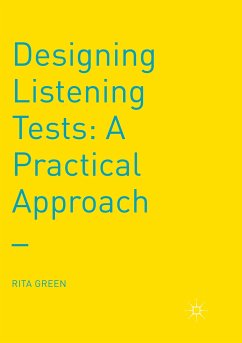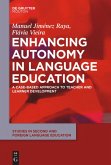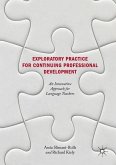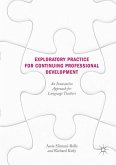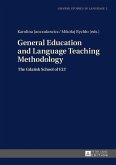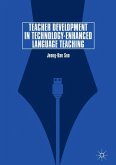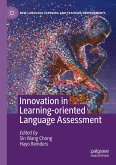This book examines the crucial role that sound file selection plays in assessing listening ability and introduces the reader to the procedure of textmapping, which explores how to exploit a sound file. The book discusses the role of the task identifier, the task instructions and the example, and analyses the strengths and weaknesses of different test methods. Guidelines for developing listening items, and procedures that can be used in peer review and task revision are also provided. A range of sample listening tasks illustrates the benefits of following the test development approach described in the book. Developing Listening Tests also provides insights into the advantages that field trials, statistical analyses and standard setting can offer the language test developer in determining how well their tasks work. This practical book will be of interest to researchers, language testers, testing commissions, and teachers engaged in assessing listening performance around the world.

